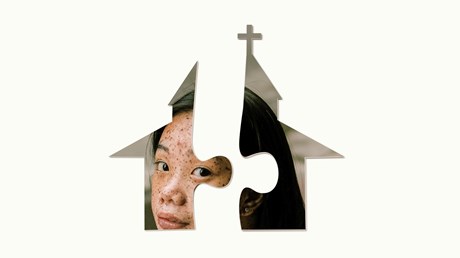New Pew survey of 7,000 adults explores the beliefs and practices of Christians, Buddhists, Hindus, and Muslims and their affinity to Confucianism and Daoism.

Christians comprise the largest faith group (34%) among Asian Americans.
But since 2012, Christianity has declined by 8 percentage points. Meanwhile, the share of religiously unaffiliated people has increased from 26 to 32 percent over the same period.
This is according to a new Pew Research Center survey of religion among Asian American adults who self-identified as Asian, either alone or in combination with other races or ethnicities.
Pew conducted surveys between July 5, 2022, and January 27 this year and also held focus groups and one-on-one interviews with over 100 Asian Americans to uncover what religion means to them. Besides surveying Christian, Buddhist, Muslim, and Hindu Asian Americans, the research center also explored peoples’ affinity with Confucianism and Daoism.
Pew released its previous report on the state of Asian American religion in 2012. At the time, researchers found that Asian American evangelical Protestants, who surpassed white evangelicals in terms of weekly church attendance (76% versus 64%), were one of the most religious groups in the United States.
The latest Pew data is representative of ethnic Chinese, Filipino, Indian, Japanese, Korean, and Vietnamese views on religion. People who were solely of Middle Eastern (e.g., Lebanese or Saudi) or Central Asian (e.g., Afghan or Uzbek) descent were excluded.
In many of these origin groups, well under half say that Christianity is their religion.
“At the pastoral level, these statistics match the countless stories of our immigrant churches struggling to remain healthy or viable. Though we don’t know what the figures will say ten years from now, this data should make pastors, parents, and leaders pause (and pray),” ...
from Christianity Today Magazine
Umn ministry


.gif)

.gif)
.gif)
